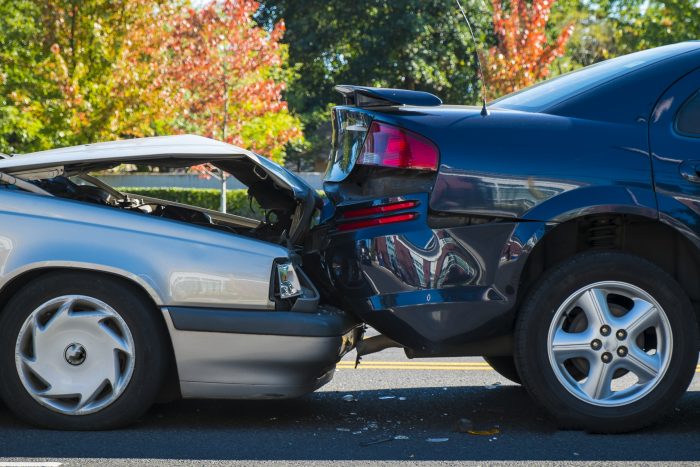Court Rules Insurer Off the Hook for Underinsured Motorist Claim

Self-employed barber Gary George was in an automobile accident on the morning of Feb. 1, 2008. He suffered shoulder, knee and hand injuries.
Following the accident, George received medical care the same day. Records show he received an ice pack for his knee and anti-inflammatory medication before being released. Then, 20 days later, George returned to the doctor’s office, seeking further assistance for the pain he believed stemmed from the accident.
Eventually, George sought physical therapy for his shoulder, but not until years later.
Meanwhile, however, the person whom George was involved with in the accident was underinsured. George filed an underinsured motorist (UIM) action in 2015 against the motorist’s auto insurance carrier, Liberty Insurance Corporation. (The gap in time was due to a statute of limitations set on UIM cases.)
The auto policy contained a “limitation on lawsuit” option, which required George to prove he had sustained a “permanent injury” caused by the accident.
During the trial, George had his doctor testify on his behalf. His doctor noted George had “superficial abrasions” on his right knee, and his left hand and elbow both retained “full range of motion without any problems.”
Leading up to litigation, Liberty had its doctor examine George. During trial, the doctor reported his findings: He testified plaintiff complained of pain and weakness in his right shoulder, which “was localized laterally, which is the outer aspect of the shoulder[.]”
This injury, said the doctor, could be considered a permanent condition, however, one that stemmed from before the accident. He characterized the pain as “age appropriate” arthritis.
The trial jury unanimously found that George did not suffer a permanent injury. George filed a motion to overturn the verdict.
He argued that “the verdict was against the weight of the evidence because [Liberty’s] expert conceded [George] suffered a permanent injury proximately caused by this auto accident,” said the panel report.
But “the trial judge … expressly found [Liberty’s] expert witness did not concede this material issue.”
Yet the panel remained unmoved. They confirmed the trial jury’s verdict.
Scorecard: Liberty Insurance Corporation is not responsible for Gary George’s injuries after an accident with an underinsured motorist.
Takeaway: Insurers on the hook for injury claims are best prepared if they review the types of injuries examined and can identify potential root causes for said injuries. &











